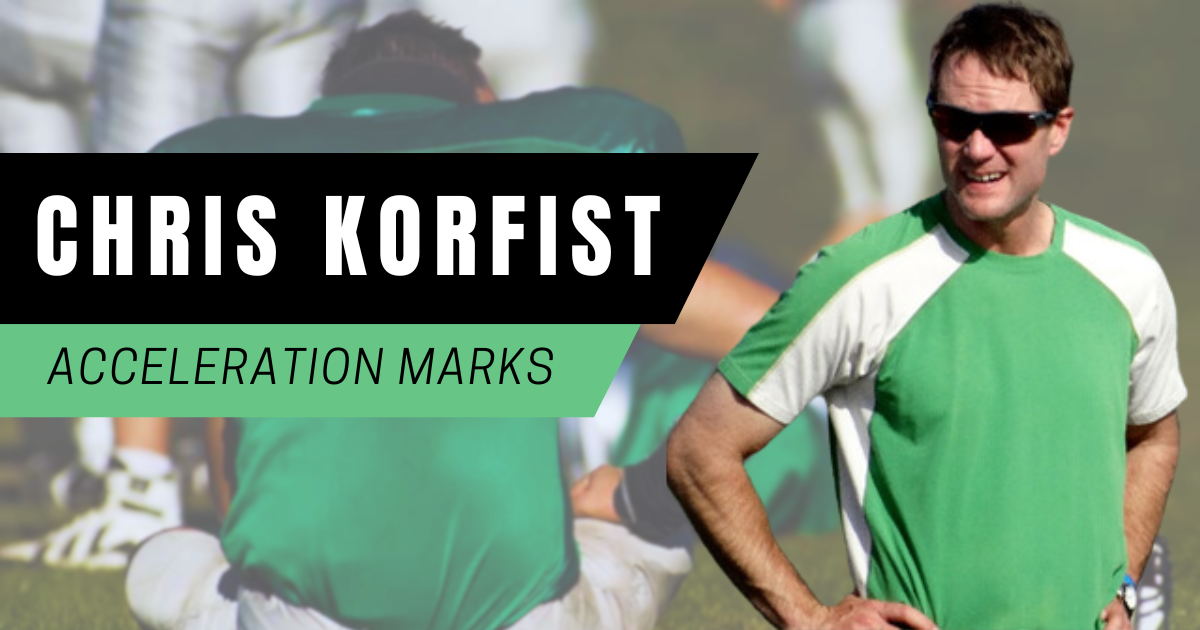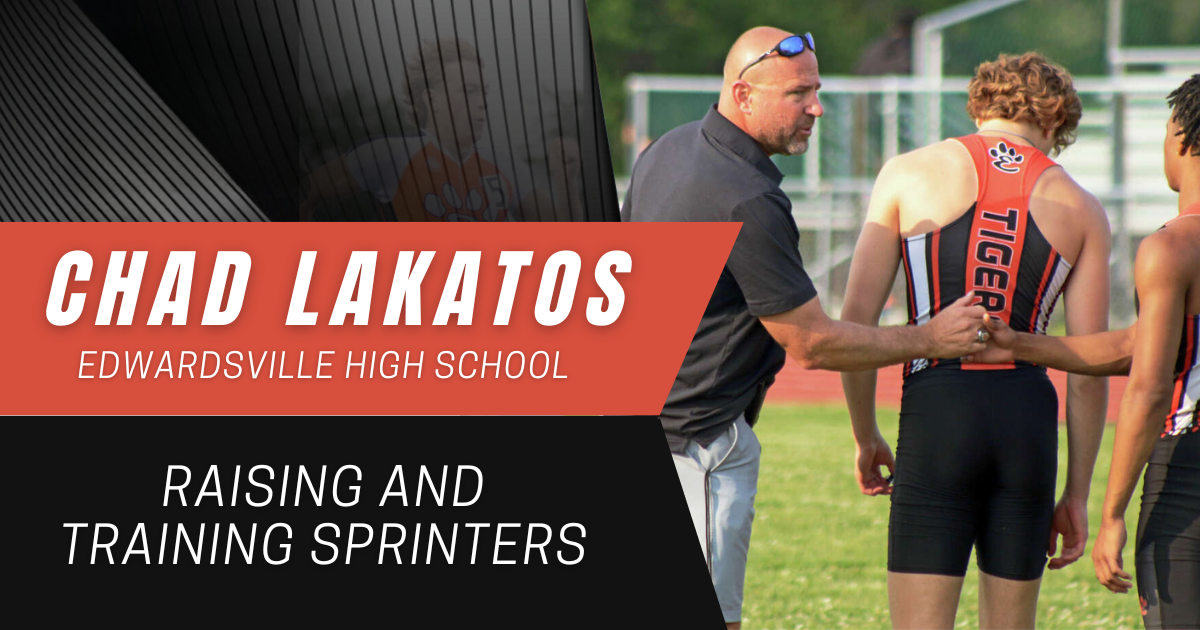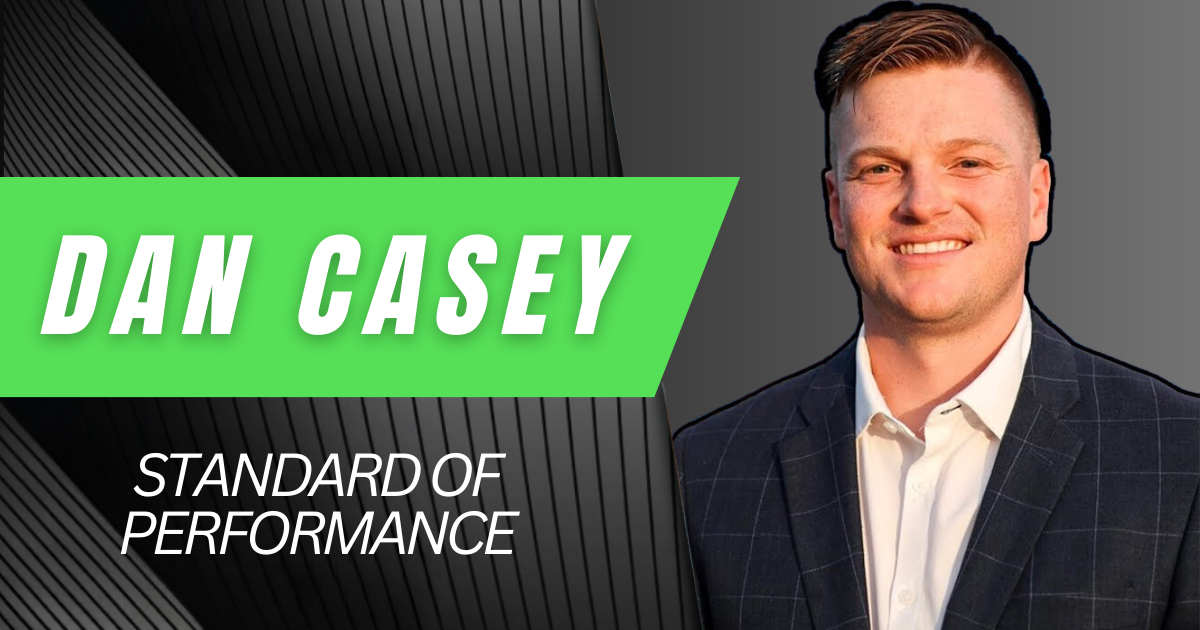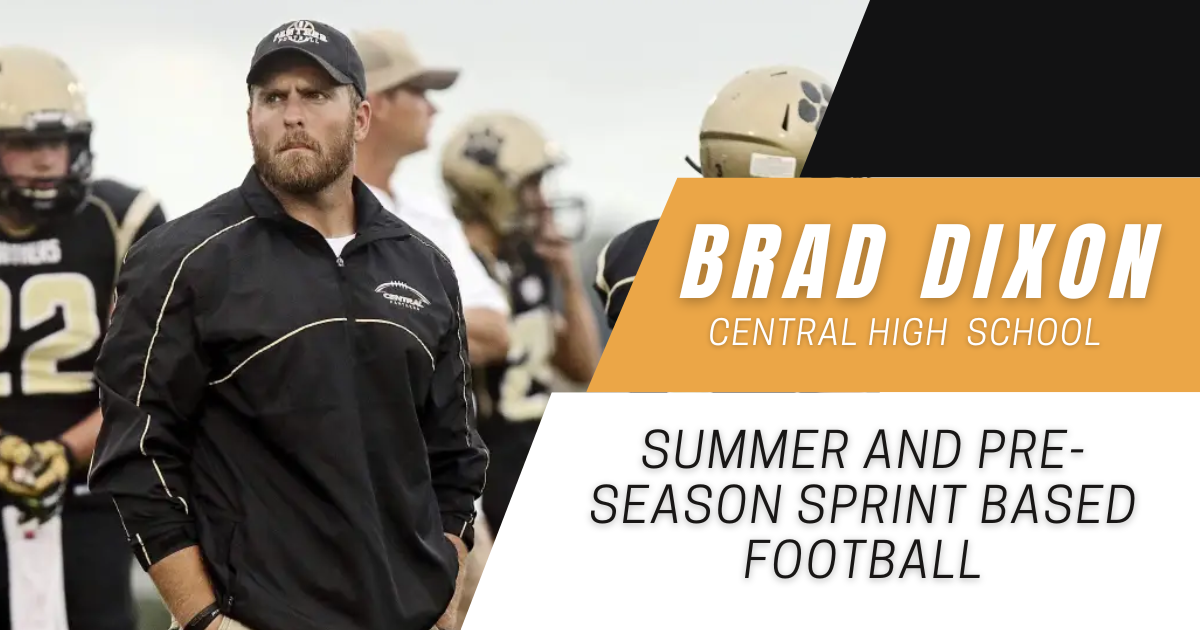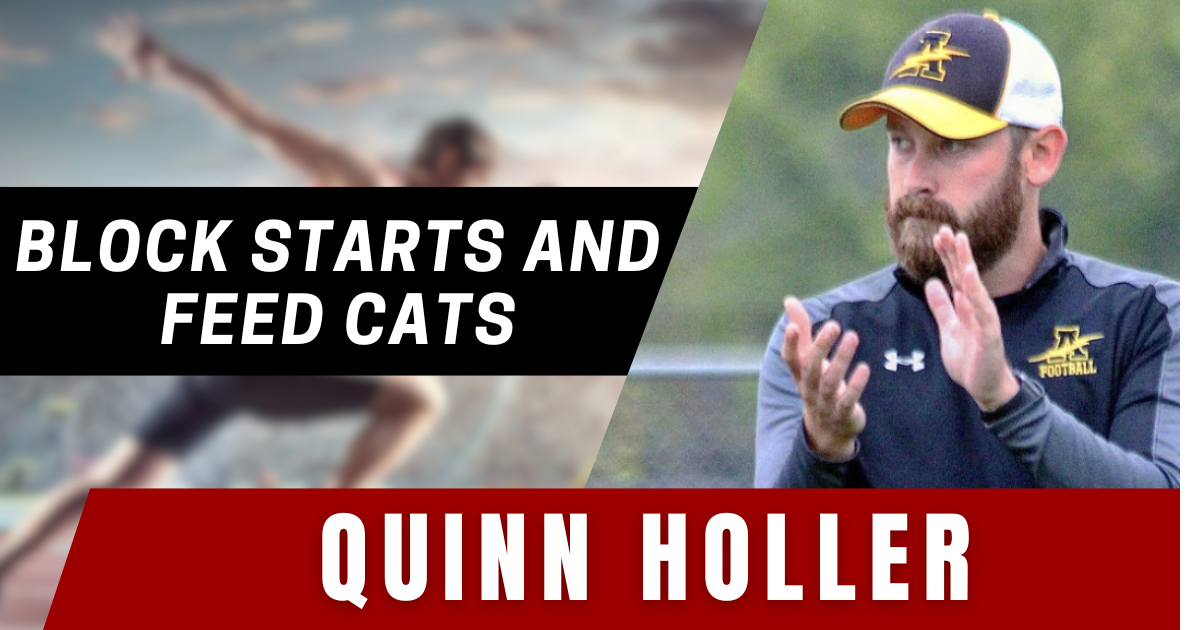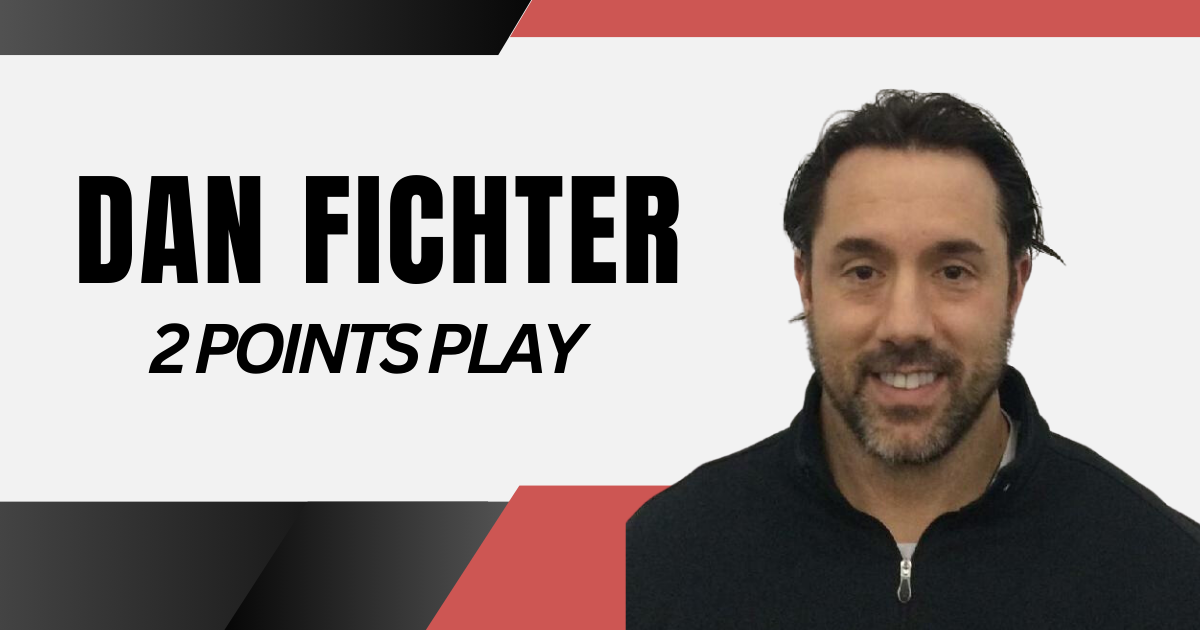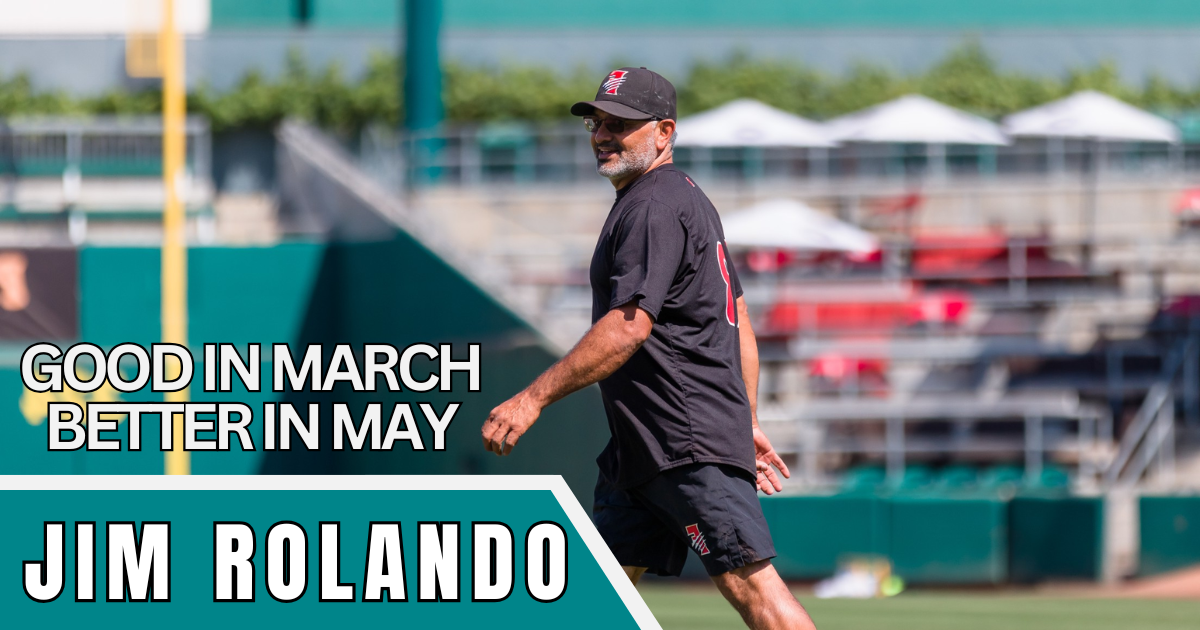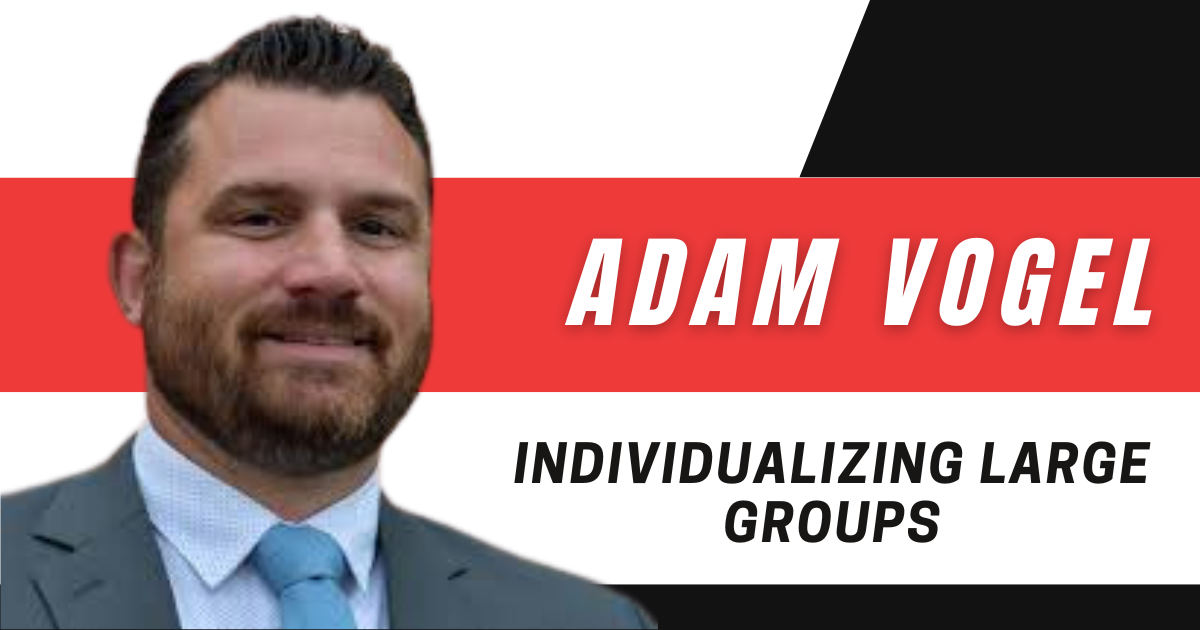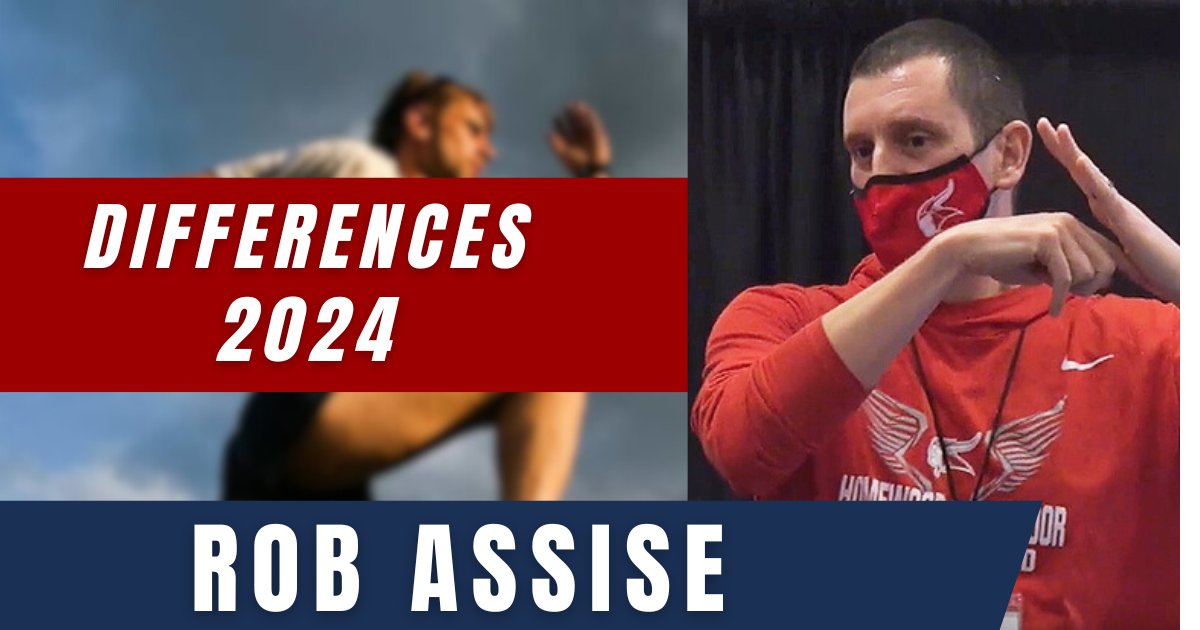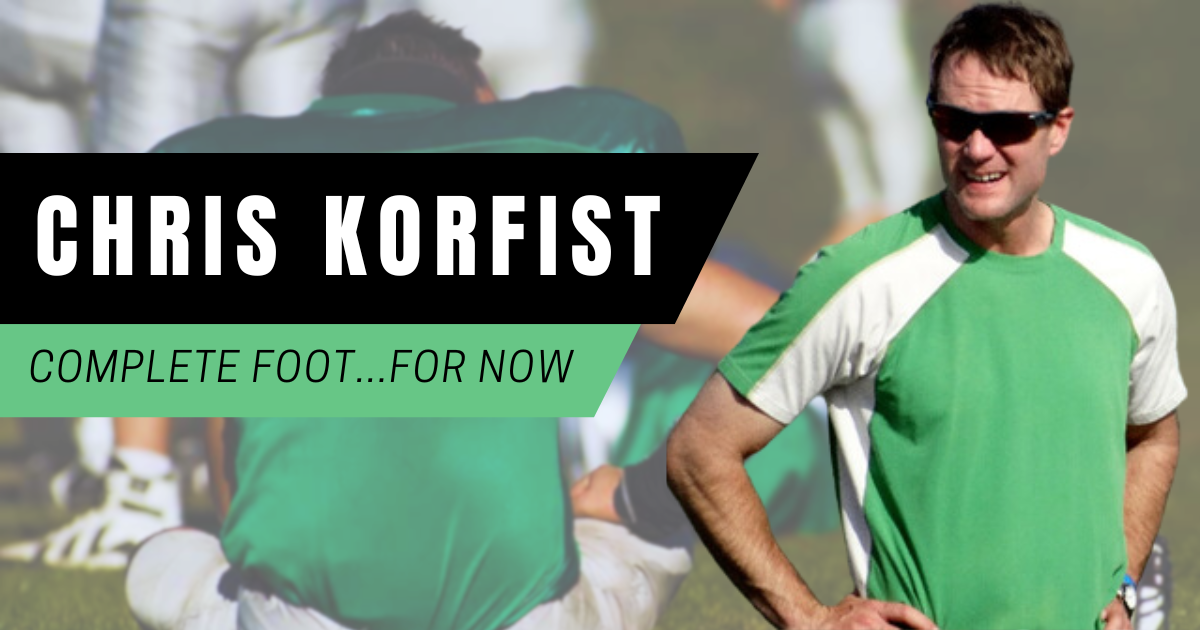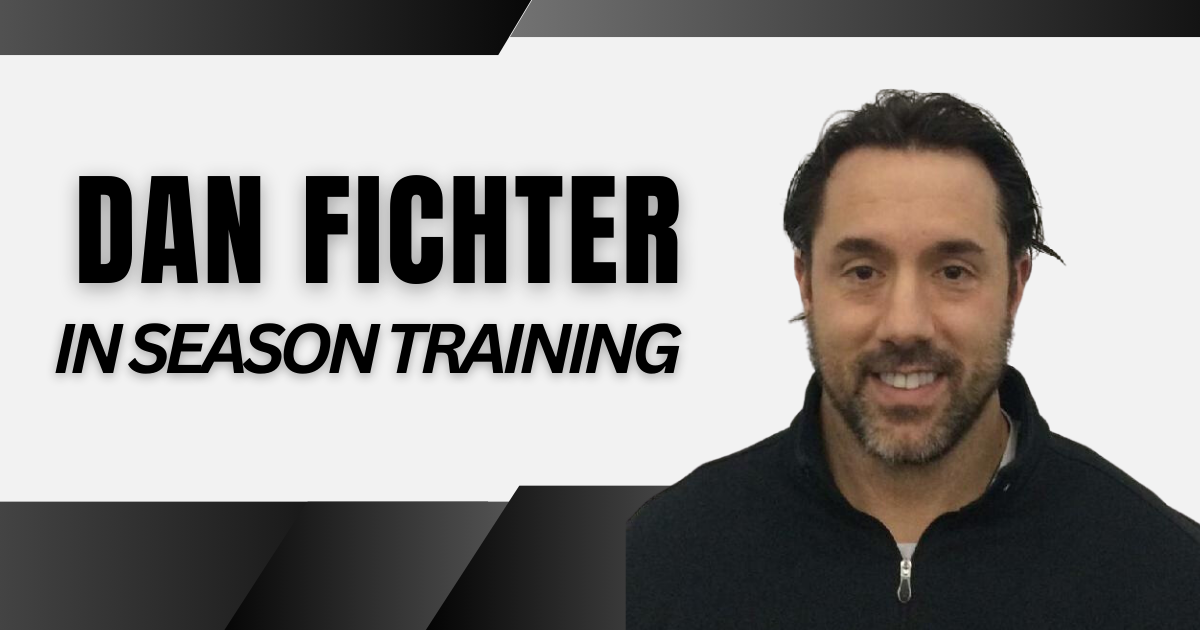-
In this course, Chris Morfist breaks down what separates average athletes from elite performers. Using 1080 sprint data, Chris explains key acceleration factors like common problems, physics of speed, and technique for sustained speed. Based on research by JB Morin and his team, this session shows how forward drive and proper shin positioning affect performance. With real athlete comparisons, Chris offers practical tips to improve your technique and boost acceleration. Whether you're a coach or athlete, this session provides useful insights for faster, more efficient performance.
-
In this course, Coach Chad Lakatos, head track and field coach at Edwardsville High School, shares his expertise in raising and training sprinters and a little bit about what we did with his son growing up and what they do with their sprinters at Edwardsville. With over 22 years of coaching experience, Lakatos has guided numerous All-State athletes and state champions. From Holler’s “Feed the Cats” philosophy, he breaks down his approach to sprint training, focusing on performance, athlete well-being, and program success.
-
In this course, Dan Fichter, a seasoned high school football and track coach with over 20 years of coaching experience, discusses the role of neurology in performance. Dan breaks down the intersection of neurology, functional movement, and performance enhancement, emphasizing how the brain controls movement and how understanding this connection can improve athletic outcomes. From his experiences, including training alongside elite athletes and learning from renowned experts in the field, he also discusses the critical role of balancing the parasympathetic and sympathetic nervous systems in training. He shares insights on how functional neurology can be applied in a performance setting, offering actionable tips and research-backed techniques to optimize athletic speed, strength, and overall performance. Whether you're a coach or an athlete, this session provides valuable knowledge to refine your approach to training and movement.
-
In this session, Quinn Holler breaks down the essentials of coaching hurdles, making it approachable for both seasoned hurdle coaches and head coaches who just want some help. You'll hear practical tips on speed training, step improvement, and takeoff technique, plus drills you can use right away. Quinn keeps it straightforward, focusing on the key areas that make a real difference: speed development, step optimization, and perfecting the takeoff. He’ll walk you through drills that improve technique, show you how to avoid common mistakes, and help you build consistent, confident hurdlers in no time. If you're looking for easy-to-apply strategies that actually work, this is the session for you!
-
Casey begins by emphasizing the importance of adopting a mentality of "opportunity over ordeal." He shares insights on how coaches often fall into the trap of complaining about challenges, whether it’s an injury, a struggling player, or unforeseen setbacks. Dan stresses that, like legendary coach Bill Walsh, coaches should view every challenge as an opportunity to grow, adapt, and innovate, rather than as an insurmountable ordeal. The lesson covers practical strategies for building a strong team culture, maintaining discipline, and holding everyone accountable to the team's values and goals.
-
In the course, Coach Brad Dixon shares his journey in developing a sprint-based football program and how he transformed his football program with innovative training methods. From his experience at Central, he explains how he overcame challenges and adopted a speed-first approach to coaching.
The course covers the key changes made in 2018, shifting from conventional methods to what he now considers the "right way" to coach football. Coach Dixon provides practical strategies for using sprint-based training to improve player performance, build team success, and learn from real-world experiences. -
In this engaging session, Les Spellman dives into the changing world of performance coaching, with a special focus on speed and efficiency. He talked about how coaches are increasingly turning to technology and apps, and how this shift is impacting younger athletes and coaches. Drawing from his own experiences, Les will share the downsides of relying too much on digital tools, while stressing the importance of developing essential skills like directional awareness, observation, and adaptability. The session will also explore the balance between using technology and sticking to traditional coaching methods, showing how both can work together to help athletes reach their full potential. Along the way, Les will challenge coaches to think about how they can build more adaptable, stable, and efficient athletes in today’s ever-changing coaching landscape.
-
In this session, Chris Korfist discuses the weight room exercises and strategies that directly improve running speed. With over 40 years of experience in strength training and athletic performance, Chris breaks down the essentials of selecting exercises that enhance sprinting mechanics, maximize neuromuscular output, and avoid wasted effort on ineffective routines. He also discusses auto-regulation as a method to optimize workouts based on real-time fatigue and performance, and he underscores the critical connection between cervical stability, vision, and neural drivers in achieving maximum speed.
-
In this session, Quinn Holler will break down the basics of block starts, sharing real-world tips and insights from his years of coaching experience. He’ll cover everything from setting up your blocks to fine-tuning your technique for the perfect launch. Along the way, Quinn will tackle common questions, show practical adjustments, and help you master the fundamentals to boost your performance on the track.
-
In this session, Dan Fichter discusses two-point plays, sharing insights from his unique coaching journey that spans football, track, and strength conditioning. As a high school head coach and former collegiate player, Dan combines practical experience with a passion for innovation. He highlights the importance of staying ahead by embracing new ideas, learning from others, and adapting strategies to fit team strengths. With experience in both offense and defense, Dan provides actionable advice for coaches looking to refine their approach and achieve success on the field.
-
In this session, Spellman discusses decision-making's role in achieving speed and efficiency. Building on foundational concepts from his previous presentation, he focuses on the application of systems, frameworks, and models to navigate challenges and optimize outcomes. From personal experiences, including his tenure with USA Rugby, Spellman examines the evolution of expertise, the pitfalls of confirmation bias, and the balance between technology and human problem-solving.
-
In this session, Jim Rolando will discuss the concept of "Good in March, Better in May," emphasizing how sprinters can improve their performance by focusing on the right priorities. From his experience coaching at both Huntley and Dundee Crown, Jim will share his unique approach to training, which balances old-school techniques with open-minded adaptability. He will also discuss how to stay focused on key objectives and avoid distractions during the competitive season, using real-life examples of sprinters who’ve overcome challenges to reach the state level. Jim’s session inspire coaches and athletes to dig deeper and refine their strategies for long-term success.
-
In this session, Tony Holler, creator of the "Feed the Cats" philosophy, breaks down the unconventional yet highly effective approach to training sprinters for the 400-meter dash. Challenging traditional methods, Holler emphasizes prioritizing speed and sprint-specific practices over endurance-heavy training. He shares insights into how this philosophy has consistently produced top-performing teams, why high school track has suffered from outdated coaching models, and how embracing a sprint-first mentality can revolutionize athletes' experiences and results.
-
In this course, Tyler Germain discusses his journey as a track and field coach, the strategies he has implemented to build a successful sprint program, and the importance of focusing on speed-first training. He shares one of the beautiful things about track and field, and he has tried to articulate this a number of times, track coaches, he believes, are some of the most giving coaches in all of sports. This is because it’s not zero-sum. If the other team wins, has success, and other kids perform great, it doesn’t mean you lose or need to hang your head and feel bad about it.
Simply click the ‘Book This Course’ button at the top right of this page, place your order, and you’ll immediately have access to the training.
-
In this session, Brad Dixon will take you through his journey of creating and implementing sprint-based football training. He has been deeply involved in transforming high school football practices, particularly focusing on sprint-based techniques. He shared the struggles and insights he experienced along the way, starting with the realization in 2017 that there had to be a better way. Brad talked about how he built the Panther Fast program and how it has evolved over the years. He explained how he moved beyond the traditional drills and conditioning that had been around for decades and began prioritizing speed to improve performance. This session is for coaches who are ready to rethink their training methods and look for new ways to help their athletes excel.
-
In "Individualizing Training in Large Groups," Adam Vogel will share his strategies for creating personalized training experiences within large group settings. From his experience managing up to 120 athletes at a time, Adam will highlight techniques for effective scheduling, programming, and collaboration with coaches to maximize athlete performance. Learn how balancing group dynamics with individual needs, managing resources, and building a scalable training program. This session is ideal for coaches, trainers, and educators seeking actionable methods to enhance their group training outcomes.
-
In this session, Chris Korfist revisits stride length versus frequency, exploring their roles in running speed and athletic performance. He delves into the evolution of research from the 1980s and 90s, which initially linked strength training to speed improvement, and examines why these findings might not fully capture the complexities of stride mechanics.
Chris highlights recent advancements in understanding how rate and frequency impact running efficiency, focusing on muscle activation, timing, and the interplay between vertical force and limb velocity. By discussing concepts like "scissors" versus "switch" movements, he provides insights into optimizing stride mechanics for maximum performance. Learn how cutting-edge research and practical applications can enhance speed training and reduce compensatory patterns in athletes.
-
In his session, Rob Assise takes us through the evolution of his track program and the changes he's made over the past few years. He talks about how important it is to find the right balance between strength training and sprinting techniques like max velocity and acceleration. Rob also introduces exercises like the sprint float sprint, which help athletes improve their overall athleticism. Drawing from his experience working with private athletes, he shares how he's created an environment where athletes can reach their full potential. Attendees will walk away with practical strategies to apply in their own coaching, as well as the value of building a community of coaches who can learn from and support each other.
-
In this course, Chris Korfist will explore the role of the foot in athletic performance and injury prevention. As the body’s primary point of contact with the ground, the foot is central to propelling movement and maintaining efficiency. Chris will delve into how foot function or dysfunction impacts the entire body, often leading to compensatory patterns and injuries. From real-world examples and cutting-edge research, he will highlight the foot's influence on performance metrics, such as acceleration, and discuss strategies to optimize foot mechanics for maximum athletic efficiency.
-
In this course, Tony Holler introduces a more efficient and player-focused approach. He also emphasizes daily improvement, maintaining player health, and fostering true mental toughness without relying on outdated methods compared to exhausting practices, unnecessary conditioning, and ineffective “tough guy” strategies. Learn with Tony how to optimize performance and build cohesive, winning teams.
-
In this session, Herriot discusses developing speed performance at the high school level, emphasizing a blend of strategic planning and maximizing available talent. From his 23 years of coaching experience, Herriot shares practical insights into identifying and nurturing top-tier athletes, building team dynamics, and navigating unique challenges such as weather and limited resources.
This course highlights the critical factors that contribute to success, dispelling myths about "secret" training methods. Instead, Herriot focuses on the importance of having the right athletes in the right roles, cultivating a culture of commitment, and leveraging adaptability to consistently achieve exceptional results.
-
In this course, Garrett Mueller, the head football coach at Stewartville High School, discusses the importance of speed in football and how it contributes to building a winning program. Mueller shares his journey of discovering sprint-based football in 2019 and how it transformed his coaching approach. He emphasizes the significance of a sprint-based philosophy that goes beyond just speed training, it's about fostering a culture of high-performance athletes who are not only physically prepared but also mentally and emotionally invested in the program. With over six successful seasons, including two undefeated state championships, Mueller illustrates how this methodology works from the top to the bottom of the program, benefiting all levels from varsity to middle school.
Mueller also highlights the integration of GPS data in their training, providing hard evidence of the effectiveness of sprint-based football. This data shows how the athletes' preparation on the practice field directly translates to high-level performance on game days. The course also focuses on the program philosophy, creating positive, impactful experiences for athletes, building strong relationships, and prioritizing the development of well-rounded young men. This approach, according to Mueller, is what truly drives the success of sprint-based football and makes it more than just a speed training program, but a philosophy that shapes the entire team culture.
-
In this course, Dan Fichter, owner of WannaGetFast Power/Speed Training, will share effective in-season training strategies to help athletes stay at their best. From his extensive experience working with elite athletes and teams, Dan will introduce practical, neurological-based techniques designed to enhance performance and recovery. This session is ideal for coaches and athletes looking for actionable insights to maintain peak condition throughout the season.
-
In this course, Dan Casey an experienced football coach and consultant, guides you through effective strategies to develop speed and improve team performance. With a background in coaching at Episcopal High School in Houston and expertise in sprint-based football, Casey shares practical techniques to get athletes into open spaces. The course covers key concepts such as the Satellite Express offense, Mike Leach’s philosophy, effective playbook management, and adapting strategies to exploit mismatches. Through practical drills and Q&A sessions, coaches will learn how to maximize their team's speed, enhance offensive performance, and implement successful tactics that can be used in games.
-
Learn with Dan Fichter and Chris Korfist for a unique session. They will analyze athlete performance by setting clear standards for good sprinting form and identifying areas for improvement. Using real-world examples, they’ll evaluate various athletes, showcasing both strong and weak mechanics. Chris will focus on biomechanical adjustments and training strategies, while Dan will address neurological factors like cerebellar imbalances and vestibular issues that impact performance. This session is perfect for coaches, trainers, and performance specialists looking to enhance their sprint assessment skills and apply practical interventions to improve results.

